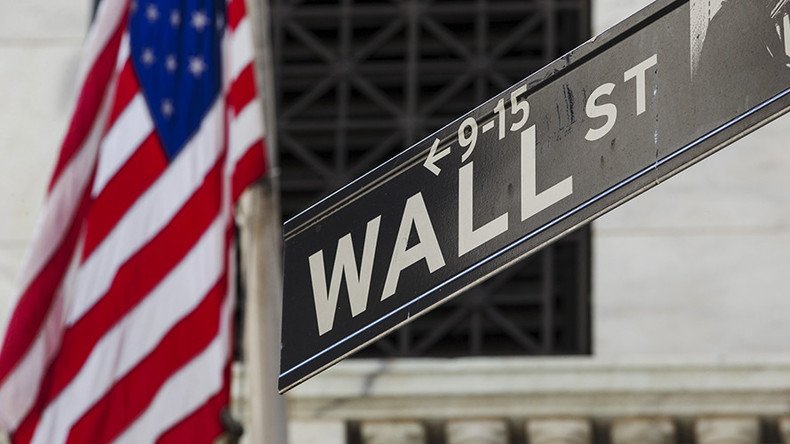‘A higher standard’: Alternative stock exchange idea defies Wall Street’s short-term thinking

Many startup companies have come out of the Silicon Valley that have shocked the stock market, but now a well-known entrepreneur from the region has an idea that would go even further – creating a stock-exchange that takes a long-term view.
Startup guru Eric Ries says the proposed Long Term Stock Exchange (LTSE) would prevent the “self-destructive behavior tied to public markets,” Bloomberg Business reported Monday.
I've been working on a new startup behind the scenes for several years. I'm excited to finally be able to share it: https://t.co/GWl3vO34qk
— Eric Ries (@ericries) June 13, 2016
He first floated the idea in his best-selling entrepreneurship manifesto The Lean Startup, in which he argues that demands on companies to show growth every quarter often lead to frantic behavior by both the corporation and investors. The pressure often squashes innovation, stalls investment in research and development and can lead to “manipulation of [the] numbers,” according to Ries.
Ries has assembled a team of about 20 engineers, finance executives, and attorneys to build the LTSE and has raised seed money from more than 30 investors. Efforts to bring the idea to fruition could take several years, however. The process would begin with informal talks with the US Securities and Exchange Commission, after which a draft application is filed that regulators could take months to consider before deciding on whether to grant the new exchange approval.
Inside Silicon Valley's Plan to Create a New Stock Exchange: June 13 -- "The Lean Startup" author Eric Ries a... https://t.co/tBzSMDKFk5
— Stock Market News (@evelinafinance) June 14, 2016
What would make the exchange new and unusual are the ways in which corporations and investors would participate. To be considered for listing on the LTSE, companies would need to choose from a list of compensation plans ensuring that executive compensation wasn’t tied to short-term stock performance and share information on how much they spend on research and development as well.
In theory, the exchange would make money by selling software tools to companies and collecting listing fees.
“You’re advertising to the markets that you’re willing to be held to a higher standard,” Ries told Bloomberg. “This is the gold standard, the most long-term, the most hardcore version of going public.”
Tax the rich, give to the poor: LA Cnty seeks to use millionaires’ money to assist homeless https://t.co/oa4ErJhXacpic.twitter.com/G4dlz1TG4x
— RT America (@RT_America) June 3, 2016
Ries added that many of Silicon Valley’s multi-billion-dollar “unicorn” startups, which are private companies valued at $1 billion or more, such as Uber, Airbnb and Snapchat, are avoiding initial public offerings (IPOs).
“Everybody’s being told, ‘Don’t go public,” Ries said. “The most common conventional wisdom now is that going public will mean the end of your ability to innovate.”
'Wasted: Drugs, Money and America’ - RT America's 3-part special report https://t.co/1gLTrVnGng@Manuel_Rapalopic.twitter.com/dz5VLU8mAU
— RT America (@RT_America) May 31, 2016
He said that stock market investors currently take a short-term view when considering companies, favoring only those that show big increases in sales, profits, users, or other indicators each quarter. When a company falls short, investors pull out their money, the stock falls, and managers are forced to focus on short term results.
Ries described how once a company goes public, its employees are on “Yahoo Finance every day, and it’s palpable how much that is affecting the decision making of ordinary managers.”












